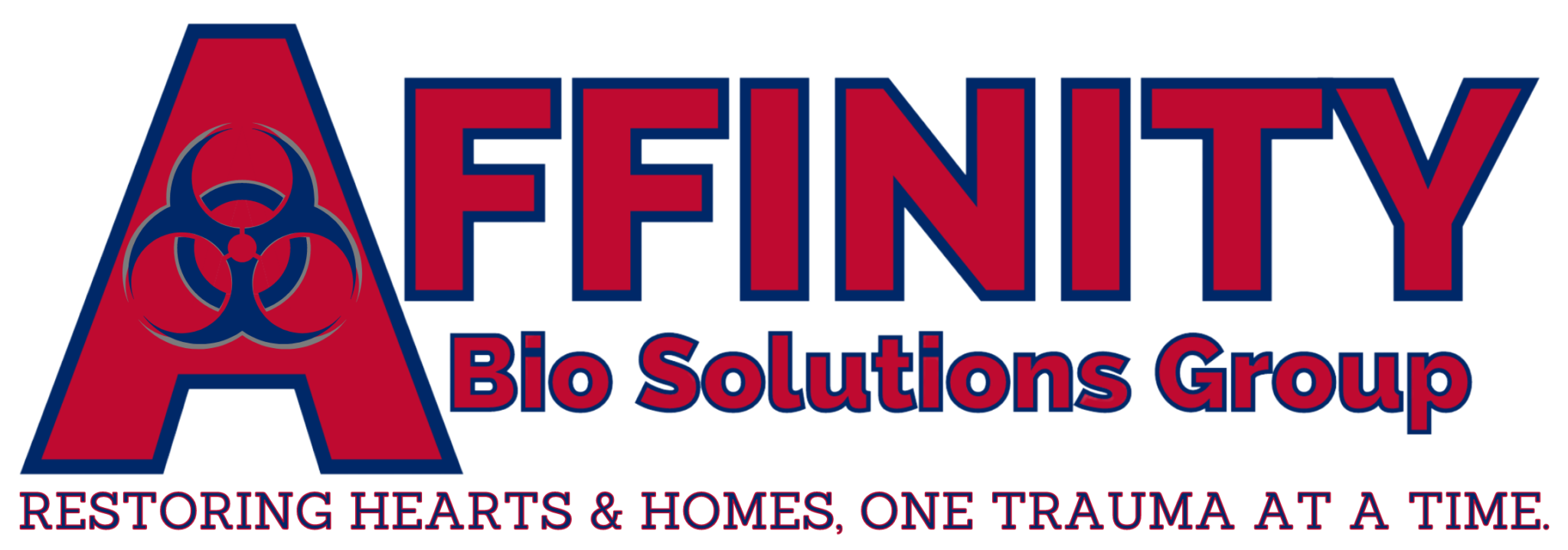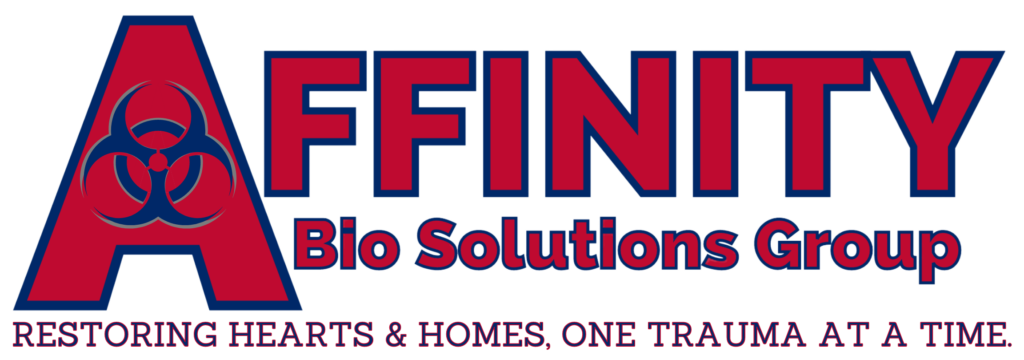Trauma scenes are spaces marked by incidents that cause emotional, physical, or psychological harm, often requiring specialized attention for cleanup and restoration. Understanding what classifies a trauma scene is essential for first responders, cleanup professionals, and individuals seeking to navigate these challenging situations. Let us delve into the factors that classify a scene as traumatic, exploring the implications and considerations associated with such environments.
Definition of a Trauma Scene:
 A trauma scene is broadly defined as a location where an event has occurred that results in physical harm, emotional distress, or a combination of both. These events can vary widely, encompassing accidents, violent crimes, suicides, unattended deaths, and other incidents that leave a lasting impact on individuals and their surroundings.
A trauma scene is broadly defined as a location where an event has occurred that results in physical harm, emotional distress, or a combination of both. These events can vary widely, encompassing accidents, violent crimes, suicides, unattended deaths, and other incidents that leave a lasting impact on individuals and their surroundings.
Factors that Classify a Scene as Traumatic:
- Violent Crimes: Scenes involving violent crimes such as homicides or assaults are considered traumatic. These incidents leave behind physical evidence and often necessitate forensic investigation and cleanup.
- Suicides and Unattended Deaths: Suicides and unattended deaths, where a person passes away without immediate discovery, are traumatic scenes. Cleanup involves addressing bodily fluids and decomposition, requiring specialized procedures.
- Accidents and Injuries: Trauma scenes can result from accidents causing severe injuries or fatalities. This includes car accidents, industrial accidents, or falls from heights, where the aftermath requires careful cleanup and restoration.
- Biohazard Contamination: Any scene involving biohazard contamination, such as blood spills, bodily fluid release, or exposure to hazardous materials, falls under the category of a trauma scene. Proper cleanup is crucial to address potential health risks.
- Domestic Violence Incidents: Domestic violence incidents that occur within homes or residential settings are traumatic scenes. Cleanup involves addressing physical damage, blood spills, and potential biohazard contamination.
- Natural Disasters: Trauma scenes can also result from natural disasters such as floods, fires, or severe storms. The aftermath may involve structural damage, debris removal, and cleanup to restore the affected area.
Implications of Trauma Scenes:
- Emotional Impact: Trauma scenes carry a significant emotional impact on individuals who may have witnessed or experienced the event. First responders, cleanup professionals, and affected individuals may require emotional support.
- Legal Considerations: Trauma scenes often involve legal considerations, including investigations, insurance claims, and potential legal proceedings. Proper documentation and adherence to regulations are crucial.
- Health Risks: Trauma scenes pose health risks due to potential exposure to bloodborne pathogens, biohazardous materials, and other contaminants. Cleanup must be carried out with strict adherence to safety protocols.
- Restoration Challenges: The restoration of trauma scenes involves addressing both visible and invisible damage. This may include structural repairs, odor removal, and ensuring that the space is safe and habitable.
Professional Trauma Scene Cleanup:
Given the complex nature of trauma scenes, professional cleanup services are often required. These professionals, trained in biohazard remediation, use specialized equipment and procedures to ensure thorough cleanup while minimizing health risks. Their services extend beyond physical cleanup to include emotional support and compassion for those affected by the traumatic event.
Understanding what classifies a trauma scene is essential for those involved in emergency response, cleanup, and restoration efforts. Trauma scenes encompass a wide range of incidents, each requiring a tailored approach to address the unique challenges they present. By recognizing the implications of trauma scenes and engaging professional cleanup services, individuals can contribute to the restoration of affected spaces and the well-being of those who have experienced these challenging events.

